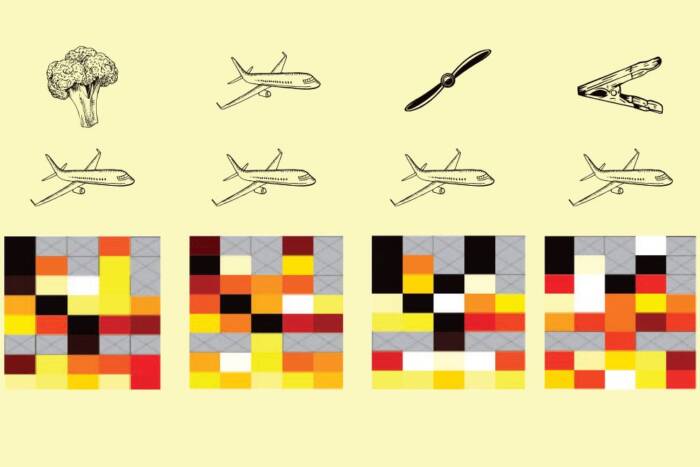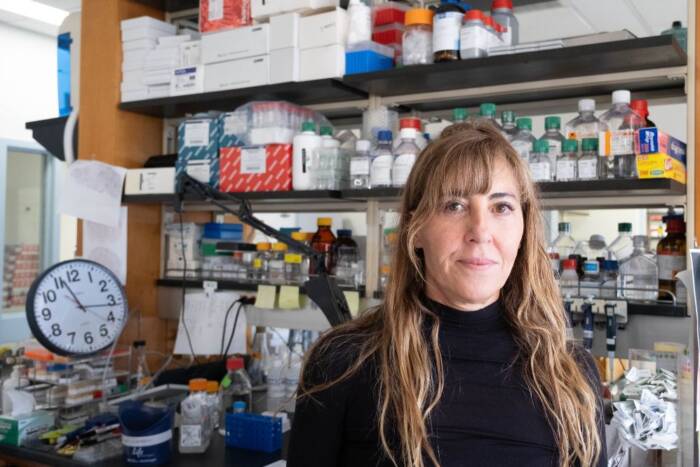New book by population biologist asks why we educate children
Ensuring that every child worldwide has an education sounds like a worthy goal. But as access to public education remains scarce in many parts of the world, a new book by Rockefeller University’s Joel E. Cohen steps back and asks what people want to accomplish through universal basic and secondary education. The book, titled International Perspectives on the Goals of Universal Basic and Secondary Education(opens in new window), was published December 3, 2009.
The goal, Cohen says, is to launch an international conversation on the rationales for educating children, informed by diverse perspectives on why education should be a goal at all. By understanding what people hope to accomplish with universal education, we can make better decisions about how resources should be used, he says.
 (opens in new window)
(opens in new window)
The new book follows Cohen’s earlier project, a 2007 book from MIT Press called Educating All Children: A Global Agenda(opens in new window). In that volume, Cohen surveyed the history, rationale, need for and possible consequences of universal basic and secondary education.
“Our earlier book talked about assessment, but assessment without goals lacks a direction,” says Cohen, who is the Abby Mauzé Rockefeller Professor and head of the Laboratory of Populations(opens in new window). “In our new book, we ask, ‘Where do we want to go with education?’”
In 1990, the United Nations Educational, Scientific and Cultural Organization (UNESCO) launched the Education for All(opens in new window) movement, a global commitment to provide quality basic education for all children, youth and adults by 2015. While UNESCO focused on getting all children into school, Cohen says, it sidestepped the question of why bother.
The book, which Cohen co-edited with Martin B. Malin, executive director of the Managing the Atom Project at Harvard University’s Kennedy School of Government, has chapters written by authors from every occupied continent and many cultures and religions. “It turns out that people have amazingly diverse views of the goals of education,” Cohen says. “In the new book, we hear about the need to teach tolerance and open-minded understanding of sacred texts in the Arab world from the late great former minister of education in Tunisia, Mohamed Charfi, and his colleague Hamadi Redissi, currently at the University of Tunis Law School. We hear from the headmaster of a Nigerian Koranic school about the need to inculcate moral behavior. An extensive OECD [Organisation for Economic Cooperation and Development] study of educational goals advocates helping children acquire the skills to interact in socially heterogeneous groups, to act autonomously, and to use physical and symbolic tools interactively.
“A Chinese educator favors education for world commerce and collaboration in business. A Singaporean diplomat favors developing skepticism and a questioning attitude in the spirit of Socrates. A Pakistani physician and educator urges attention to nourishing children before they get to school, as well as less rote learning and more problem solving in schools. A Mexican artist and educational reformer favors using art to develop self-knowledge and interpersonal skills. Different American educators favor viewing the process of education as training for democracy, or global competency or global civility.
“The diversity of voices, views and assumed purposes for education should provoke any thoughtful reader to consider why we should educate children,” he says.
International Perspectives on the Goals of Universal Basic and Secondary Education(opens in new window)


